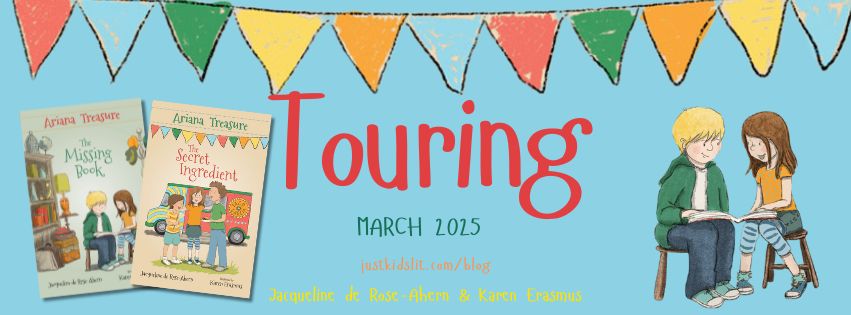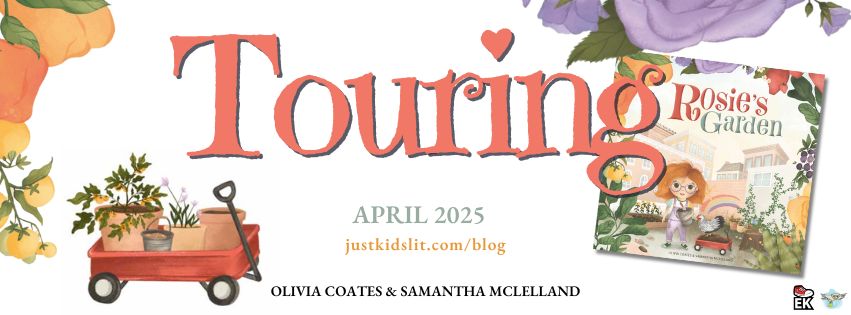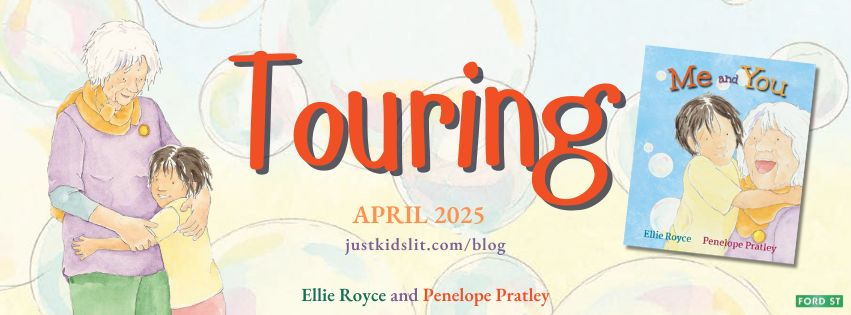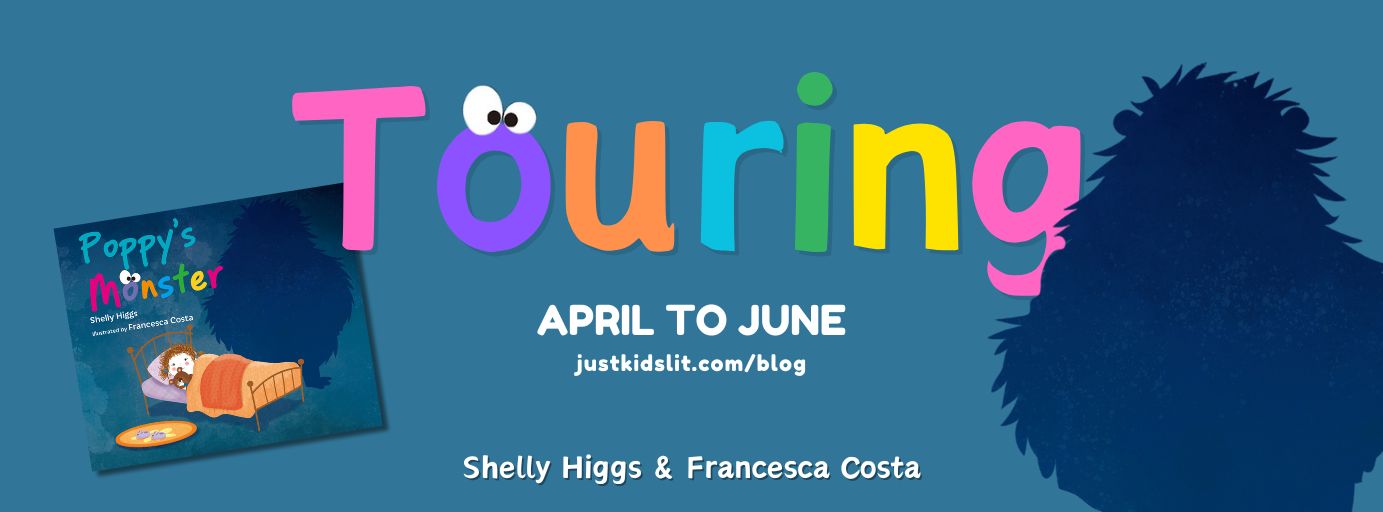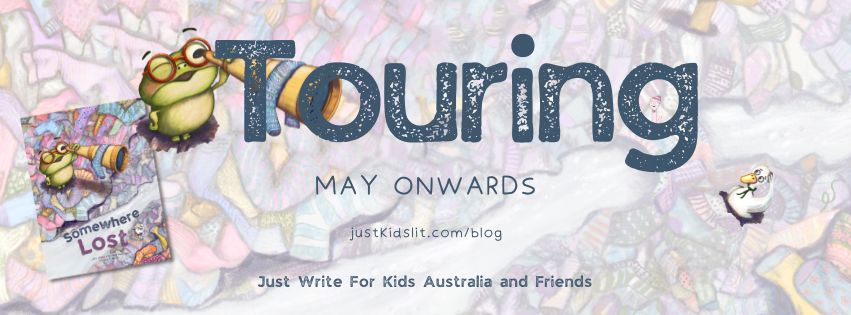It is an honour to welcome back talented author and playwright, Maura Pierlot (The Trouble in Tune Town); introducing her incredibly notable and prevalent script for teens, Fragments: Journeys from Isolation to Connection. Her just-released novel is adapted from her sold-out stage play, Fragments, which, during October 2019, was programmed for Mental Health Month. Through a series of eight dramatic monologues, unified by an overarching story of isolation and agency, the work tackles a range of mental health issues facing young people today. Themes include anxiety; depression, neurodivergence, social media, gender dysphoria, family dysfunction, bullying, cultural alienation, peer pressure, and life after graduation.
With conversations around mental health issues for young Australians so important, this book is highly welcomed, especially at this challenging time of COVID-19 uncertainty. Thanks to Maura for writing this dedicated article to highlight the importance of embracing change, and resilience, in the face of life challenges.
Maura Pierlot will be launching Fragments on October 29 at The Book Cow, Kingston, ACT. Please follow the link here.
I’ve been thinking.
Thinking about Year 12 students whose school life has changed fundamentally this year and last. Senior years are typically a mix of emotions as concern about your future butts up against relief that you’re nearly finished.
But not this year.
Thanks to COVID-19, for many students there’s no more hanging out with friends at lunch and recess. There’s no enjoying their time in the sun as school elders, there’s no celebrating sporting and club achievements. For some, there are no more formals, schoolies, parties and other memory-making events. Instead, school life in 2021 (and much of 2020) has been dominated by online learning, virtual friendships and dreaming of better days.
Not surprisingly, the rates of anxiety and depression in young people are on the rise. And thanks to COVID-19, there’s now a wealth of information available about how to adapt to, and recover from setbacks, a skill that we call resilience. But no matter how much we sing the praises of online platforms, and the higher productivity and convenience that they’re meant to bring, laptop learning isn’t quite the same as the real thing. Though we all like some ‘me time’ now and again, humans are wired for social connection. And sitting at home in front of a computer all day for months on end isn’t healthy or sustainable, whether you’re six, sixteen or sixty.
Unfortunately, resilience isn’t the type of thing that can be taught online … and it’s only slightly less difficult to teach in the classroom. Like many things in life, resilience is a skill learnt through experience. Resilience is about picking yourself up when you fall and trying again. It’s about letting go of perfection and unattainable ideals. It’s about learning to accept that many things in life can’t be controlled. It’s about embracing change rather than fearing it. We should be teaching it at the earliest possible age, not when we’re galloping to keep pace with a pandemic.
I’m convinced there’s space to squeeze it in. Students learn many useful things at school, but they also spend a fair amount of time trying to get their heads around content that they’ll arguably never need to use in life. When writing the Fragments monologue about a top student’s post-graduation reality check, I couldn’t help but recall my (right-brained) children’s school experience. As Mila laments in the monologue:
For twelve years my head’s been crammed with useless stuff. I mean, do I seriously need to know about tectonic plates? Or the periodic table? And what the hell’s the fascination with Shakespeare? If I wanted to study a foreign language I would’ve stuck with Japanese. And polynomials? I can barely remember what they are let alone what to do with them. Every morning I wake up worrying about all the things I don’t know. Like how to do a proper budget — not the baby budget we did in Year 11. How to change the oil in my car. What to do when the lights don’t come back on after I’ve flicked the circuit breaker. How to fix the washing machine when the inlet valve light flashes red. How to act confident in a job interview without seeming stuck up. How to cook something that doesn’t involve pasta. How to deal with the guys who hang out the car window making sucking noises at me. If I opened a school, I’d teach all those things, ya know, something useful. For life. (‘Pretty Stupid,’ Fragments)
What does this have to do with resilience? Well, getting through school is a master class in resilience – navigating social groups, trying to fit in, dealing with hormones, reading, recalling and reciting information nearly every day, stepping outside your comfort zone, taking risks, losing your sense of self and then finding it again, learning to trust, having your heart broken. And that’s just primary school lol.
I think we can do better. Education needs to be more inclusive and more relevant. Different learning styles should be recognised and accommodated. Character traits should be rewarded, not just academic performance. Quiet achievers should be acknowledged and celebrated. Students should be given a choice of oral or written assessments and examinations to play to their strengths (and genetic wiring). Mental health should be talked about candidly and practical skills like mindfulness, yoga and relaxation taught. Resilience should be embedded in school communities (and at home), going hand in hand with the importance of connectedness, belonging, a sense of purpose and more. Life skills should be taught. There should be far less focus on grades, more on the fabric of community life, character traits and wellbeing. I’m convinced a new paradigm would go a long way in reducing students’ stress levels throughout school, especially in Years 11 and 12.
Some students have fared better than others in managing stress levels the past few years. Most have emerged stronger, whether or not they realise it. But nothing will make up for what they have missed. The usual revelry and release of Year 12 have been replaced with isolation and distancing, uncertainty, fear, lack of control, grief and more. Yet the class of ’21 (and ’20) have a unique distinction: They are survivors. Their master class in resilience has equipped them with valuable skills for the workplaces of tomorrow – and for life. Cheers to the of the graduates of today, the leaders of tomorrow. I hope many pursue a career in teaching, tapping into their own resilience, cultivating and celebrating the same in their young students.
Article by Maura Pierlot.
Maura Pierlot is an author-playwright based in Canberra. Her latest book, Fragments: Journeys from Isolation to Connection explores a range of mental health issues faced by young people today. The book, based on her widely acclaimed play, Fragments, is available from major retailers and online booksellers. For more information, visit http://fragmentstheplay.com/.
Please also find Maura Pierlot at the following links:
Website: maura pierlot – Author and Playwright
Facebook | Twitter | Instagram
Fragments: Journeys from Isolation to Connection is available for purchase through Book2Look | Booktopia








